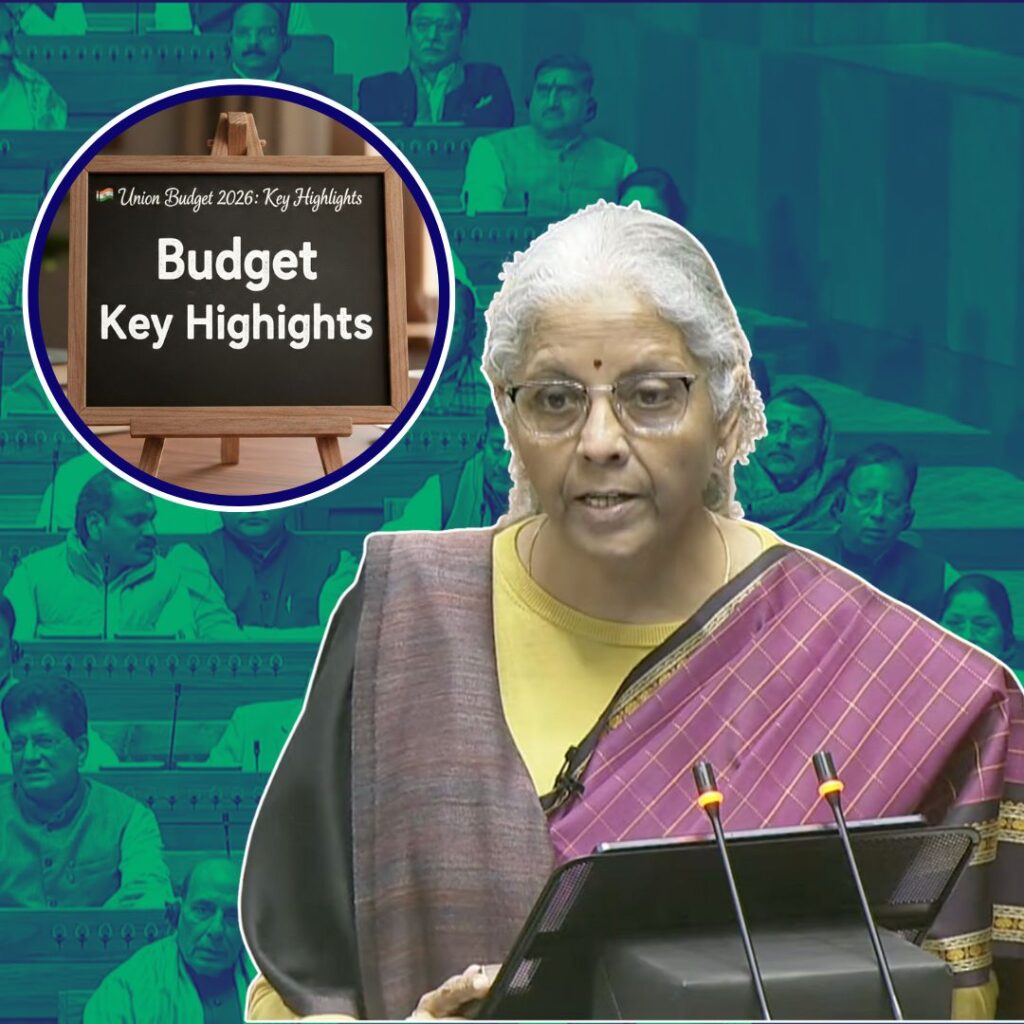The Indian government has introduced the draft Registration Bill 2025, marking a significant step towards digitising and modernising the country’s century-old property registration system governed by the 1908 Act.
This bill mandates the online registration of all property-related documents, including sale deeds, Agreements to Sell, Builder Agreements, and powers of attorney, with real-time verification linked to Aadhaar and PAN databases.
The reform aims to curb widespread real estate fraud, especially protecting Non-Resident Indians (NRIs) who often face challenges verifying property ownership remotely. Public feedback on the draft is invited until June 25, 2025, as the government prepares to implement a secure, transparent, and citizen-centric property registration framework.
Comprehensive Digitisation and Online Registration: Transforming Property Transactions
The Draft Registration Bill 2025 aims to replace the outdated Registration Act of 1908, which was not designed for the digital age. The new bill introduces a fully online, paperless registration process that allows citizens to submit, verify, and register property documents electronically. This includes not only sale deeds but also Agreements to Sell, power of attorney documents, allotment letters, builder agreements, and bank loan papers.
By digitising the entire documentation trail, the government seeks to reduce bureaucratic delays, eliminate the need for physical visits to sub-registrar offices, and minimise the role of intermediaries. This will make property transactions faster, more transparent, and accessible nationwide. The bill also mandates the issuance of electronic registration certificates that are tamper-proof and verifiable online.
Aadhaar-Linked Ownership Validation: Securing Property Rights and Curbing Fraud
A cornerstone of the bill is the linkage of property documents to the owner’s Aadhaar number. This integration provides a robust authentication mechanism, ensuring that ownership claims are verified against a government-issued unique ID. For individuals without Aadhaar or those opting out, alternative verification methods will be available, ensuring inclusivity.
This real-time verification system will allow buyers, sellers, and lenders to instantly check ownership status, liabilities, and encumbrances on a property through the government portal. It is expected to prevent common frauds such as fake ownership claims, multiple sales of the same property, and unauthorised transactions, which have historically caused significant losses, especially for NRIs.
Ensuring Name Consistency and Resolving Inherited Property Issues
The bill places strong emphasis on name consistency across all property documents, which must exactly match the name on the owner’s Aadhaar card. Discrepancies caused by inheritance, clerical errors, name changes, or family settlements can lead to rejection of documents during validation, potentially preventing future property sales or transfers.
Property owners, particularly those with inherited properties involving multiple heirs, are urged to resolve family settlements and update ownership details before the portal’s launch. This requirement promotes legal clarity and aims to reduce long-standing property disputes.
Integration of Financial Documents and Expanded Scope of Registration
The bill expands the list of documents requiring compulsory registration to include agreements to sell, powers of attorney, equitable mortgages, sale certificates issued by authorities, and court-ordered instruments. Additionally, bank loan documents and allotment letters related to properties must be digitised and linked to ownership records, providing a comprehensive view of financial encumbrances.
This holistic approach facilitates due diligence for buyers and lenders, ensuring transparency about any liabilities attached to a property.
Governance Reforms and Legal Safeguards
To uphold the integrity of the registration process, the bill clearly defines grounds for refusal of registration by officers and empowers the Inspector General of Registration to cancel registrations found to be fraudulent or unlawful, with provisions for appeal.
The bill also proposes new roles such as Additional and Assistant Inspector Generals of Registration to strengthen governance and accountability. Penalties for offences related to registration have been rationalised, reducing imprisonment terms but maintaining deterrence.
Preparing for the Digital Transition: What Property Owners Must Do
With the portal launch and bill enactment imminent, property owners should take proactive steps to:
- Review all property documents for name accuracy and consistency with Aadhaar.
- Rectify discrepancies in ownership details, addresses, and utility bills.
- Finalise any family settlements or inheritance-related ownership issues.
- Gather and organise all financial documents linked to the property.
- Stay updated on official guidelines and portal launch announcements from the Ministry of Rural Development.
Early preparation will help avoid legal complications and ensure smooth compliance with the new digital system.
The Road Ahead: A Paradigm Shift in Real Estate Governance
The Draft Registration Bill 2025 represents a pivotal transformation in India’s real estate sector, aligning property registration with the government’s Digital India vision. By digitising records, linking ownership to Aadhaar, and expanding compulsory registration, the bill promises enhanced security, transparency, and efficiency in property transactions.
While the reform offers immense benefits, its success depends on widespread public awareness, digital literacy, and responsible governance. Special focus on vulnerable groups such as NRIs and senior citizens will be essential to ensure equitable access.
The Logical Indian’s Perspective
The introduction of the Registration Bill 2025 represents a transformative milestone in India’s journey towards digital governance and transparency. The Logical Indian views this reform as a vital step in protecting citizens from real estate fraud and empowering them with secure, accessible digital tools to manage their property rights confidently.
While technology offers powerful solutions to reduce scams and streamline processes, it must be complemented by increased public awareness and responsible governance to ensure its effectiveness. Educating property owners about the importance of maintaining accurate records and using the digital platform responsibly will be key to the bill’s success.












